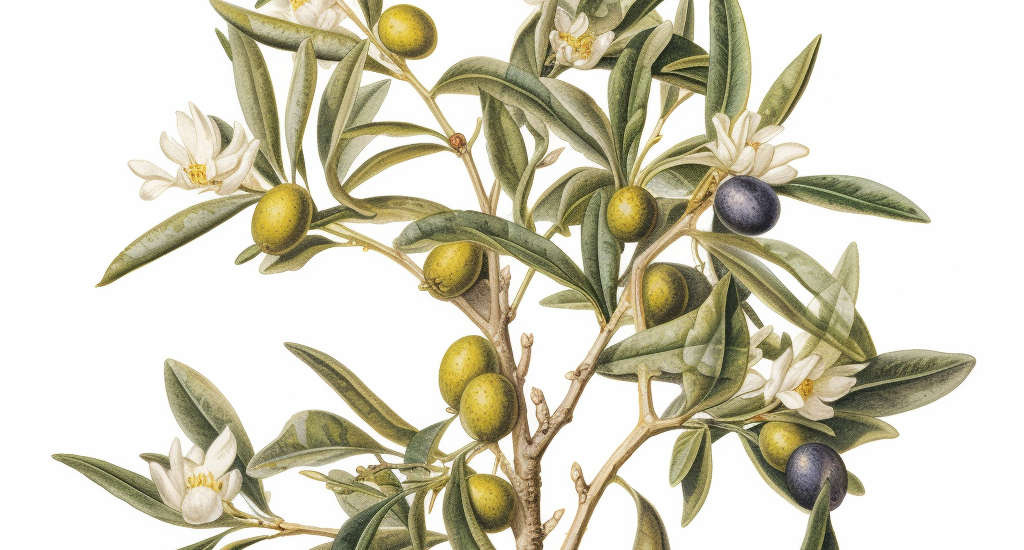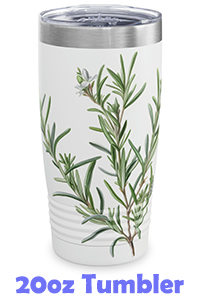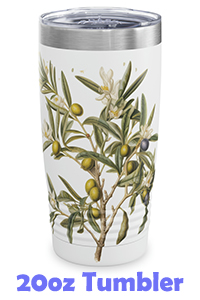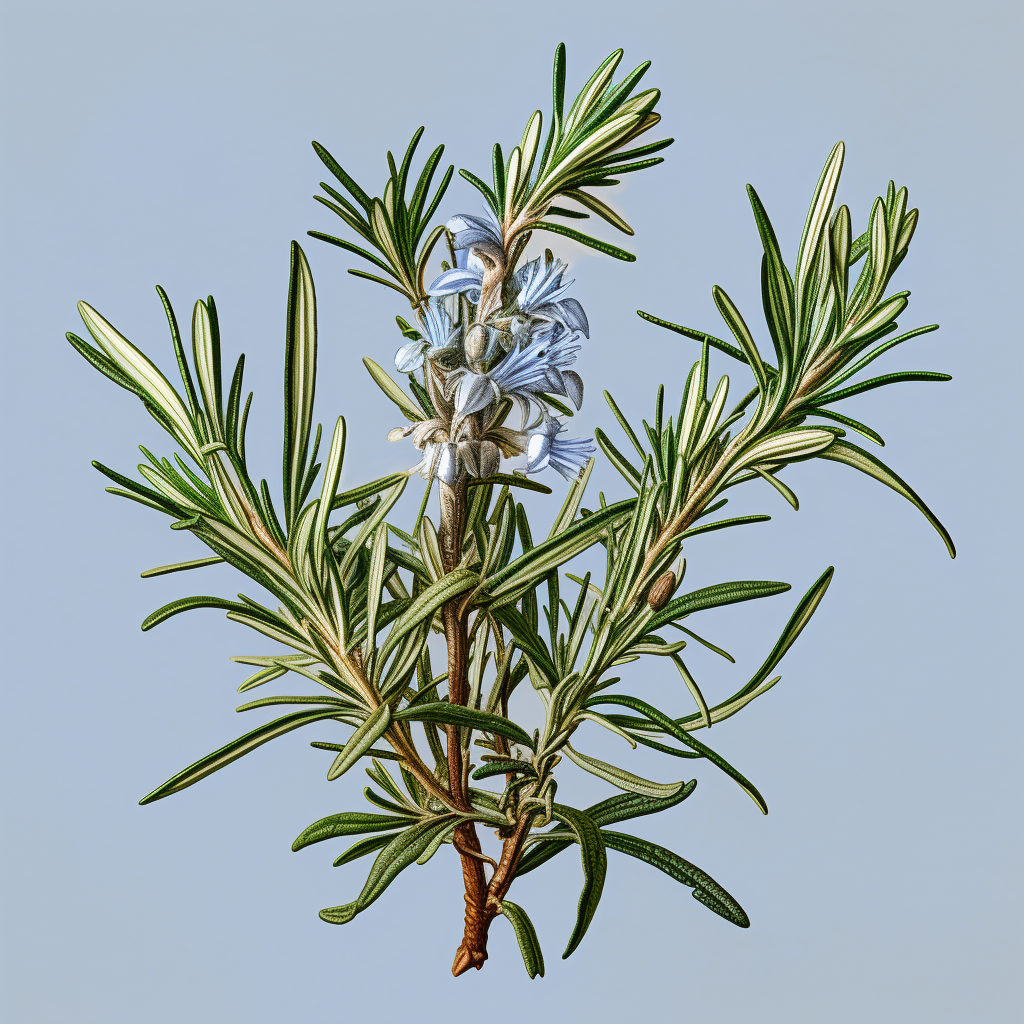Olive trees are a beautiful and versatile addition to any garden. They not only provide a Mediterranean feel but also produce olives, which can be used in a variety of ways, from cooking to making olive oil. In this blog post, we will explore how to grow olive trees and some tips to help ensure a successful harvest.
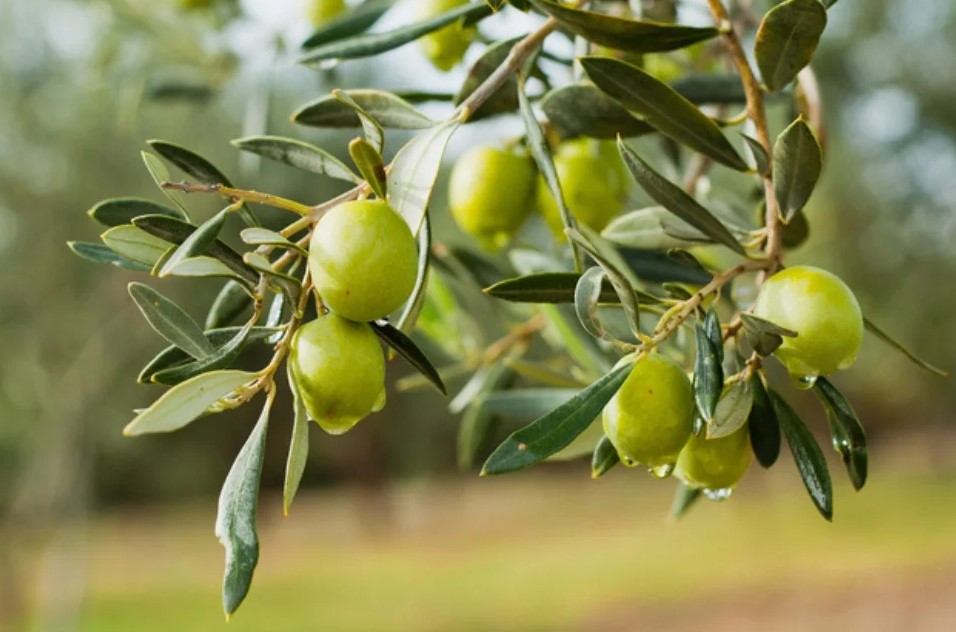
Choosing the Right Location
Olive trees require full sun and well-draining soil. Choose a spot in your garden that receives at least six hours of direct sunlight each day. Olive trees prefer soil with a pH of 6.0 to 7.5, so if your soil is acidic, you may need to add lime to adjust the pH level. I have my olive tree in the ground, and it survived the 9 degree low that we had last year.
Soil Preparation
Olive trees require well-draining soil to prevent root rot. Before planting, mix organic matter such as compost or sand into the soil to help improve drainage. You can also add perlite or vermiculite to the soil to further improve drainage. I dug the hole bigger then the pot the tree was in and put my dirt/sand mixture in the bottom and on the sides. My soil has a high clay content, so my plants need a bit of extra care.
Watering
Olive trees are drought-tolerant and do not require frequent watering. Water deeply once a week, or when the soil feels dry to the touch. Be careful not to overwater, as olive trees do not like wet feet and can be prone to root rot. This is very true, but again, water well the first month or two until the tree is established, and then monitor. If it’s hot in your area like mine, the tree may need more frequent waterings.
Pruning
Pruning is essential to keep your olive trees healthy and encourage fruit production. Prune your olive trees in the late winter or early spring, just before new growth begins. Remove any dead or diseased branches and thin out any crowded areas to improve air circulation.

Harvesting
Olive trees can take several years to produce a significant harvest. Olives are typically harvested in the fall, but the exact timing will depend on the variety of olive tree you have. You can harvest olives by handpicking or by using mechanical harvesters. Once harvested, olives need to be cured before they can be eaten or used to make olive oil.
Conclusion
Growing olive trees is a rewarding experience that can provide you with delicious olives and a beautiful addition to your garden. With the right location, soil preparation, watering, pruning, and harvesting, you can ensure a successful harvest of olives. Olive trees are also very low maintenance and drought-tolerant, making them a great choice for gardeners in hot and dry climates. Incorporating olive trees into your garden is a great way to add a Mediterranean feel and enjoy the benefits of fresh olives and olive oil.
Health Benefits of Olives
Olives have been a staple in Mediterranean cuisine for centuries and are known for their unique flavor and versatility. But did you know that olives are also packed with health benefits? In this blog post, we will explore the various health benefits of olives and why you should consider incorporating them into your diet.
Rich in Antioxidants
Olives are rich in antioxidants, which help protect your body from oxidative stress and inflammation. The main antioxidant found in olives is called oleuropein, which has been shown to have anti-inflammatory and anti-cancer properties.
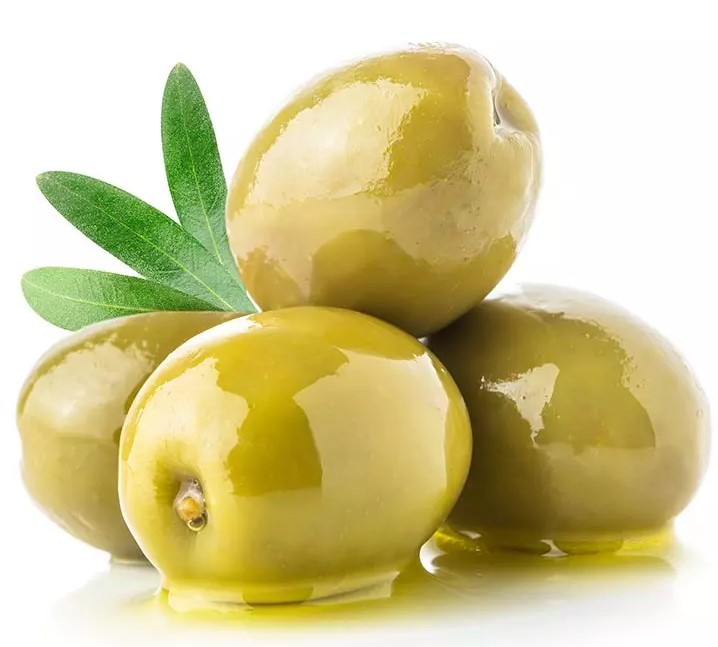
Supports Heart Health
Olives are a great source of monounsaturated fats, which have been shown to help reduce LDL (bad) cholesterol levels and improve heart health. Additionally, the antioxidants found in olives can help protect against heart disease by reducing inflammation and oxidative stress.
May Improve Bone Health
Olives are a good source of calcium, which is essential for strong bones. They also contain other minerals such as magnesium, potassium, and phosphorus, which are important for bone health.
Aids in Digestion
Olives are rich in fiber, which helps promote healthy digestion and can prevent constipation. Additionally, the healthy fats found in olives can help stimulate the production of bile, which aids in the digestion of fats.

Boosts Immune System
Olives contain vitamin E, which is an essential nutrient for maintaining a healthy immune system. Vitamin E is a powerful antioxidant that helps protect cells from damage caused by free radicals.
Conclusion
Incorporating olives into your diet is a great way to enjoy their unique flavor while also reaping the many health benefits they offer. Olives are rich in antioxidants, support heart health, may improve bone health, aid in digestion, and boost the immune system. They are also very versatile and can be used in a variety of dishes, from salads to pasta sauces. Whether you enjoy them as a snack or as a flavorful addition to your favorite dishes, olives are a delicious and nutritious food that should not be overlooked.

